Trump Signs Order Barring Syrian Refugees From US
Sat 28 Jan 2017, 14:49:33
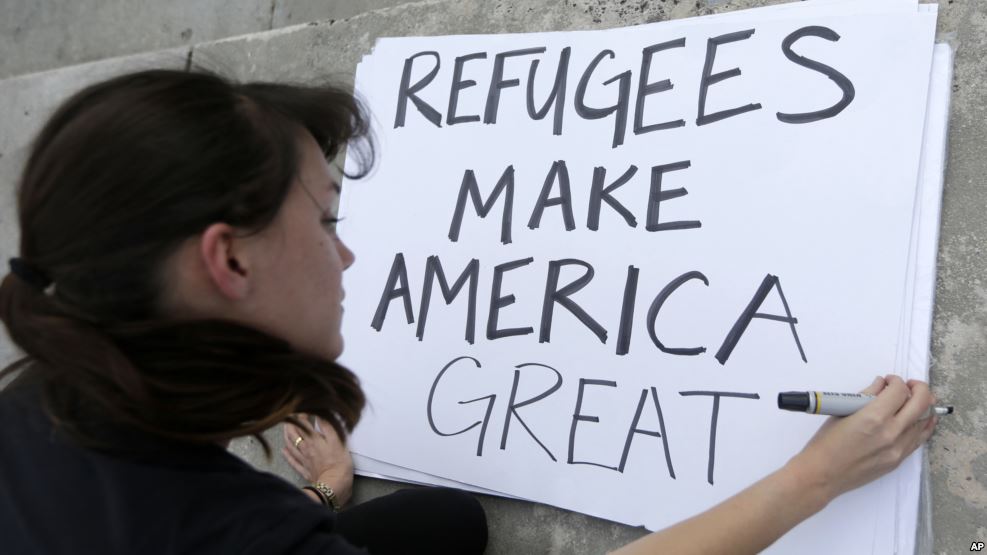
WASHINGTON —
U.S. President Donald Trump has signed two executive actions designed to enhance U.S. security, the more far-reaching of which restricts any Syrian refugees from entering the United States for an indefinite period of time.
Trump signed the orders Friday at the Pentagon where he participated in a swearing-in ceremony for Defense Secretary James Mattis. Soon after the president’s action, protesters staged a demonstration at the main federal office building in New York.
Friday’s executive order, titled “Protecting the Nation from Foreign Terrorist Entry into the United States,” calls for suspension of visas and other immigration benefits to citizens of “countries of particular concern.”
As a reason for the order, the document cites the September 11, 2001, attacks on New York and Washington, which were carried out by 19 foreigners who obtained visas to enter the United States without difficulty. It refers to other terrorism-related crimes committed over the past 15 years by foreign nationals who entered the United States using either short-term visas — as visitors, students or temporary workers — or as refugees seeking resettlement in the U.S.
“Deteriorating conditions in certain countries due to war, strife, disaster and civil unrest increase the likelihood that terrorists will use any means possible to enter the United States,” the order states, and it calls for greater vigilance and caution by American consular officials before visas are granted.
The order does not spell out which countries are “of particular concern,” although it authorizes the Department of Homeland Security to keep track of nations that do not provide adequate information about their citizens. White House officials indicated earlier this week that Iran, Iraq, Syria, Sudan, Libya, Yemen and Somalia would be an initial list of countries “of concern,” but the order noted additions to the list could be made at any time.
As reported earlier when drafts of Trump’s planned action circulated in Washington several days ago, the official text forbids the entry into the United States of any Syrian refugees for an indefinite period, until the president determines “that sufficient changes have been made ... to ensure that admission of Syrian refugees is consistent with the national interest.”
The order also suspends operations of the U.S. Refugee Admissions Program for 120 days, while the secretary of state and other officials re-evaluate procedures “to ensure that those approved for refugee admission do not pose a threat to the security and welfare of the United States.” It also limits the number of refugees that may be admitted to the United States to 50,000 during fiscal 2017, the 12-month period that ends September 30.
In a swift reaction to events in Washington, more than 100 protesters formed a human chain later Friday at the entrance to a federal office building in New York City used by the U.S. Department of Homeland Security as well as the FBI and other federal agencies. VOA’s New York bureau is located in that center in downtown Manhattan.
The president said Friday that only people who support the United States should be allowed into the country. Compared to Trump’s campaign-trail promises to institute “extreme vetting” for Muslims and travelers from countries linked to terrorism, the executive order he signed discussed identification and verification procedures that U.S. consular officers should use in extensive detail.
Under the general topic of terrorism, the executive order directed U.S. officials to watch for “gender-based violence against women, including ‘honor killings,’” and called for the gathering of “any other information relevant to public safety and security.”
“We don’t want them here,” Trump said. “We want to make sure that we are not admitting into our country the very threats our soldiers are fighting overseas. We only want to admit those into our country who will support our country and love deeply our people.”
One of the protesters in New York, Debbie Altmontaser of the Muslim Community Network, told reporters, “The impact of this executive order will be immense, both on immigrants as well as Muslims. We fear that it will further marginalize communities.”
Mark Hetfield of the Hebrew Immigrant Aid Society, added, “It’s clear that President Trump has decided to pick on
refugees. ... This is going to cost tens of thousands, hundreds of thousands of people their lives, because they won’t find protection here. They won’t find protection anywhere.”
refugees. ... This is going to cost tens of thousands, hundreds of thousands of people their lives, because they won’t find protection here. They won’t find protection anywhere.”
Former U.S. Secretary of State Madeleine Albright told reporters and members of the refugee resettlement committee that the action would “directly harm our security interests.”
Nobel Peace Prize winner Malala Yousafzai, a 19-year-old Pakistani student activist once attacked by the Taliban, now recovered and living in the United Kingdom, said she is “heartbroken” that the U.S. “is closing the door on children, mothers, and fathers fleeing violence and war.”
Former New York prosecutor Paul Callan said Friday that he expects the refugee order will generate a great deal of legal activity, particularly if people already in the United States are affected.
“You can block people from coming into the country, but once they’re in, all persons have constitutional protections if they’re in the United States. And certainly, if there is a claim that those constitutional rights are being violated by an executive order, that claim would go to the U.S. Supreme Court.”
Margaret Huang, executive director of Amnesty International USA, said Friday, “This puts anti-Muslim bigotry into policy and is eerily reminiscent of the kind of religious discrimination we’ve documented in counties like China and Iran.”
She called the order cruel and inhumane and said it violates international law. “Our refugee programs should not paint individuals’ national origin or religion as suspicious or unwelcome,” she said.
“People seeking asylum are no different than anyone else who wants to live free from fear,” she added.
A Syrian asylum-seeker told VOA “refuges are victims, not terrorists.”
“I applied for asylum from inside the U.S. in late 2014. I’ve been in the process for more than two years and I didn’t get my asylum yet. That shows how long the vetting process is and how stringent the security checks are,” said Middle East Institute resident fellow Ibrahim Al Assil.
“President Trump’s suspension of the U.S. Refugee Admission Program for 120 days and indefinite halt of refugee processing and admittance of Syrian refugees is in disregard for human rights,” added Assil who co-founded the Syrian Nonviolence Movement. “This is a fundamental violation of the right to seek asylum in accordance with the 1951 Refugee Convention,” he added.
The 1951 Refugee Convention is the key document that defines the term refugee and outlines the rights of the displaced, as well as the legal obligations of States to protect them.
Also Friday, Trump signed a presidential memorandum directed at the new Secretary of Defense and the Office of Budget Management, outlining their responsibilities for evaluating the nation’s security policies.
An executive memorandum differs from an executive order in that it is directed at a specific federal agency. An executive order is always entered into the Federal Register, the official daily journal of U.S. government activity. While memoranda may not be formally recorded in the Federal Register, both types of presidential action carry the force of law.
Trump said the memorandum regarding national security was intended to better support the U.S. military.
“Believe me,” the president said, “first I’m signing an executive action to begin a great rebuilding of the armed services of the United States, developing a plan for new planes, new ships, new resources, and new tools for our men and women in uniform. And I’m very proud to be doing that.”
The memorandum, proclaiming a policy of pursuing “peace through strength,” said the new secretary must conduct a 30-day readiness review assessing training, equipment maintenance, munitions, modernization, and infrastructure of the current armed forces. It tasks the new secretary with submitting to the president a report and a plan within 60 days, identifying actions that can be implemented within the current fiscal years to improve readiness.
The memorandum says Mattis must initiate a new Nuclear Posture Review to make sure the U.S. nuclear deterrent is “modern, robust, flexible, resilient, ready, and appropriately tailored to deter 21st-century threats and reassure” U.S. allies.
No Comments For This Post, Be first to write a Comment.
Most viewed from International
Most viewed from World
AIMIM News
Latest Urdu News
Most Viewed
May 26, 2020
Can Lionel Messi's visit boost Indian football?
Latest Videos View All
Like Us
Home
About Us
Advertise With Us
All Polls
Epaper Archives
Privacy Policy
Contact Us
Download Etemaad App
© 2025 Etemaad Daily News, All Rights Reserved.


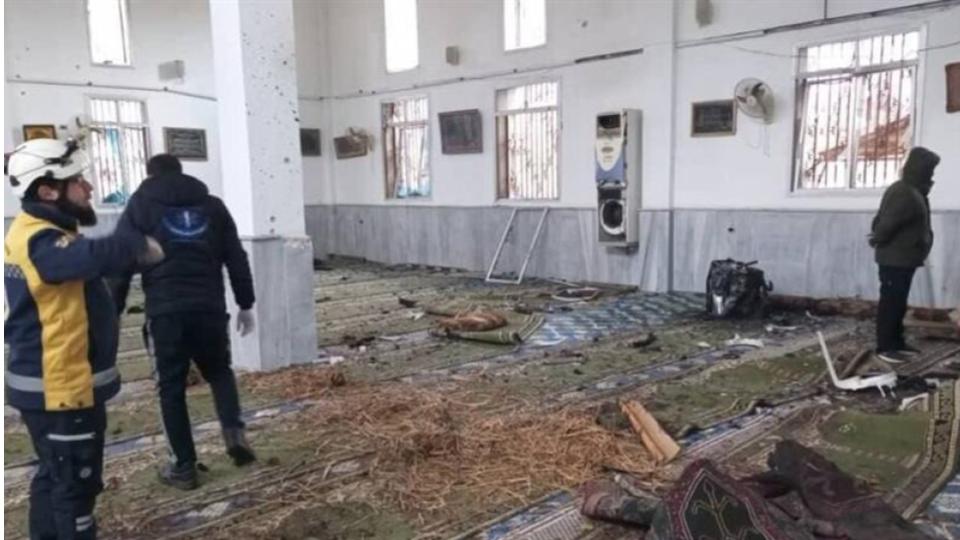



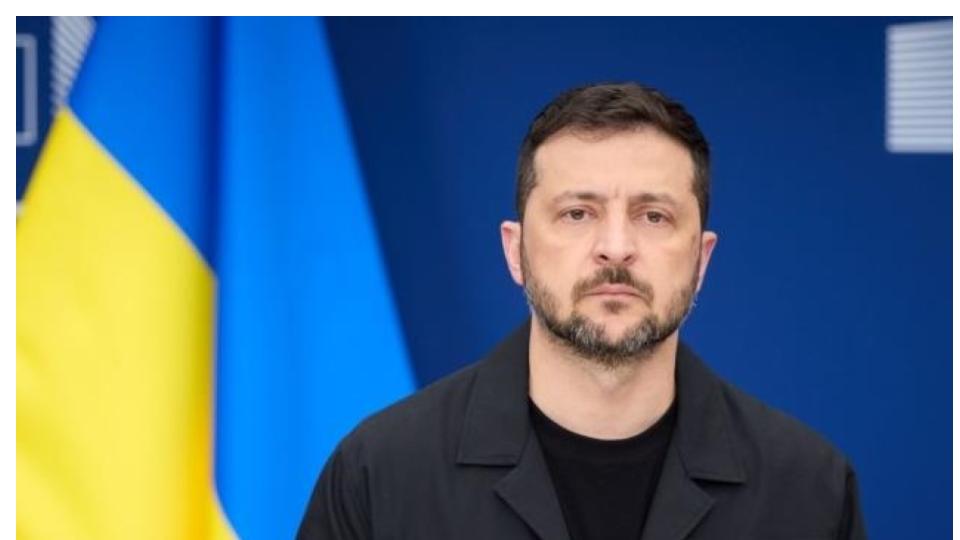
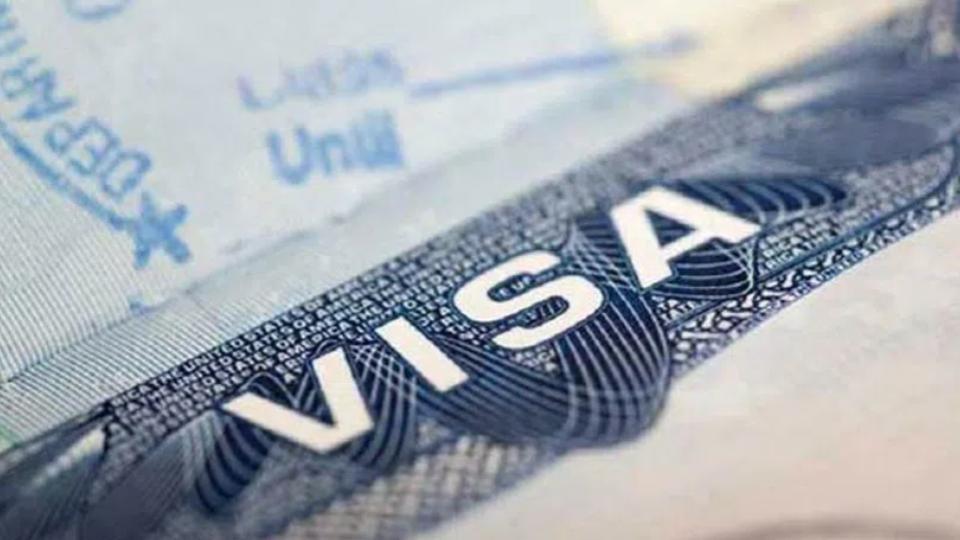
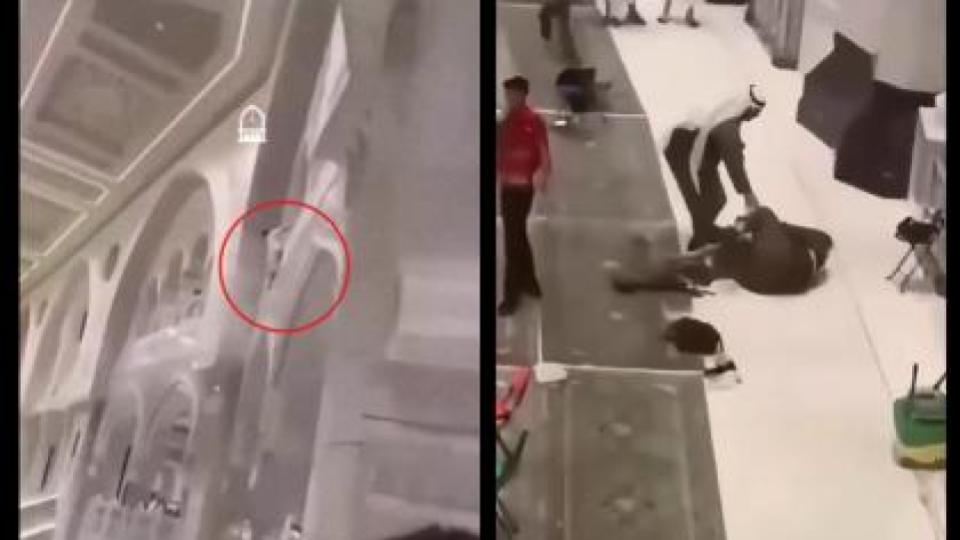
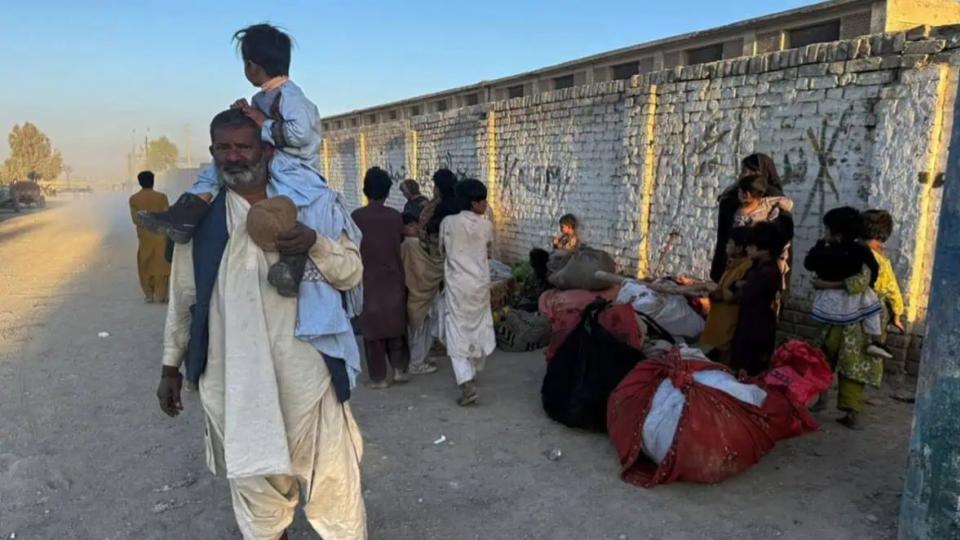
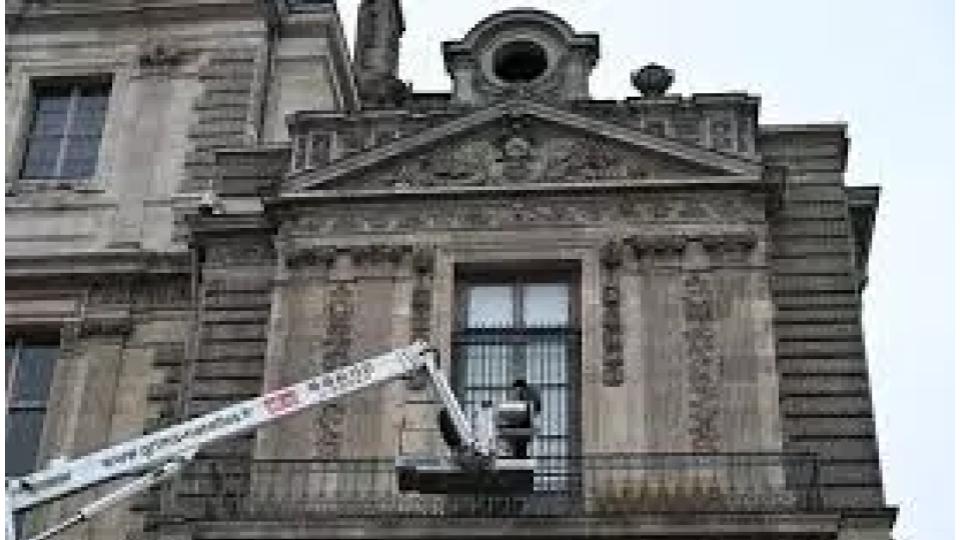



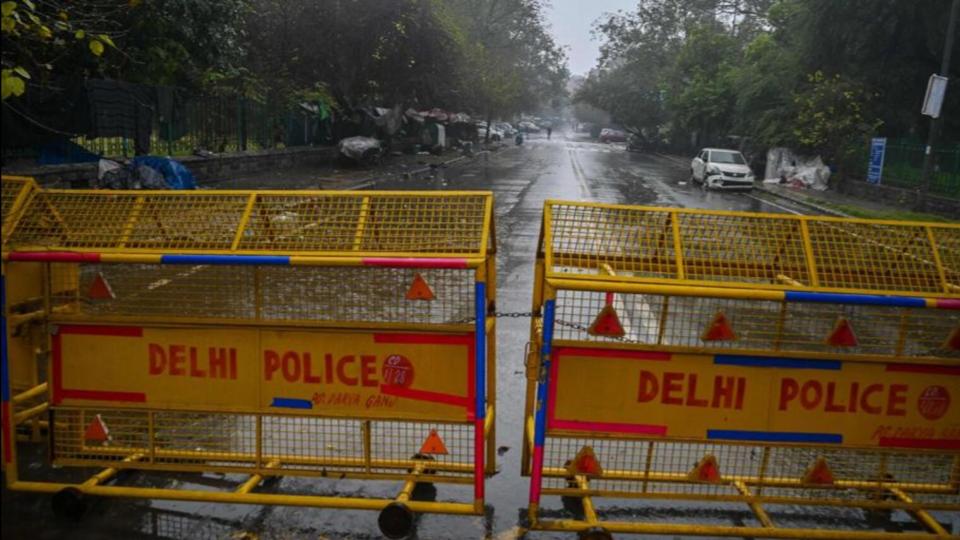


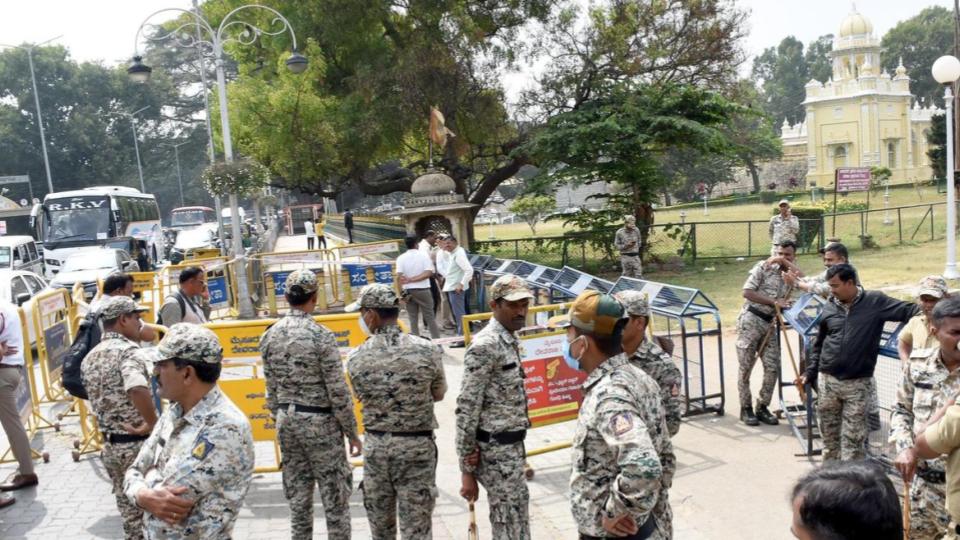
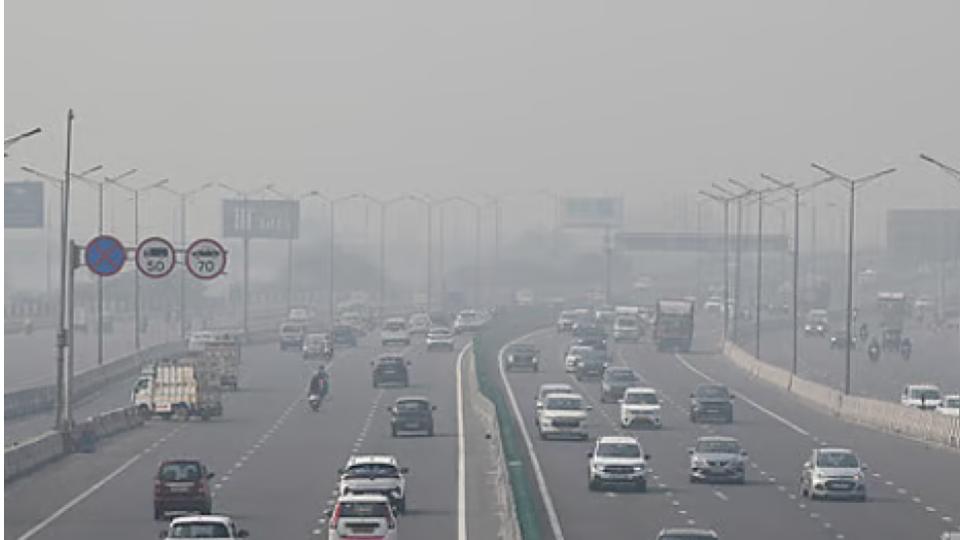



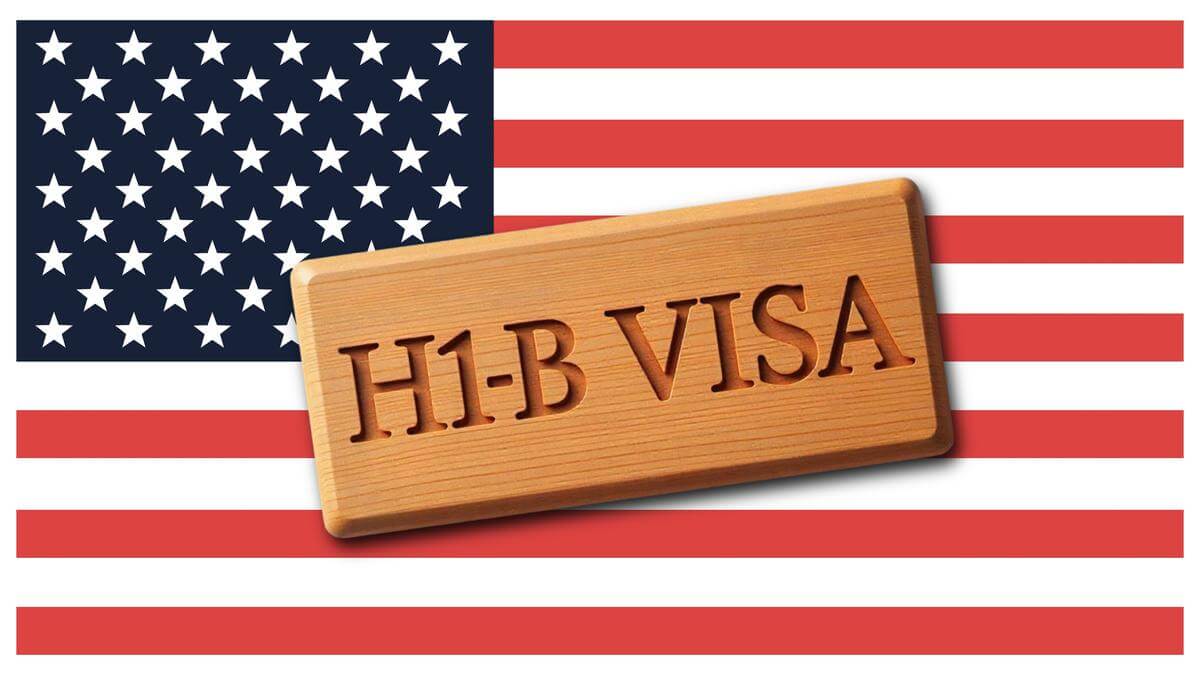














.jpg)
.jpg)
.jpg)


